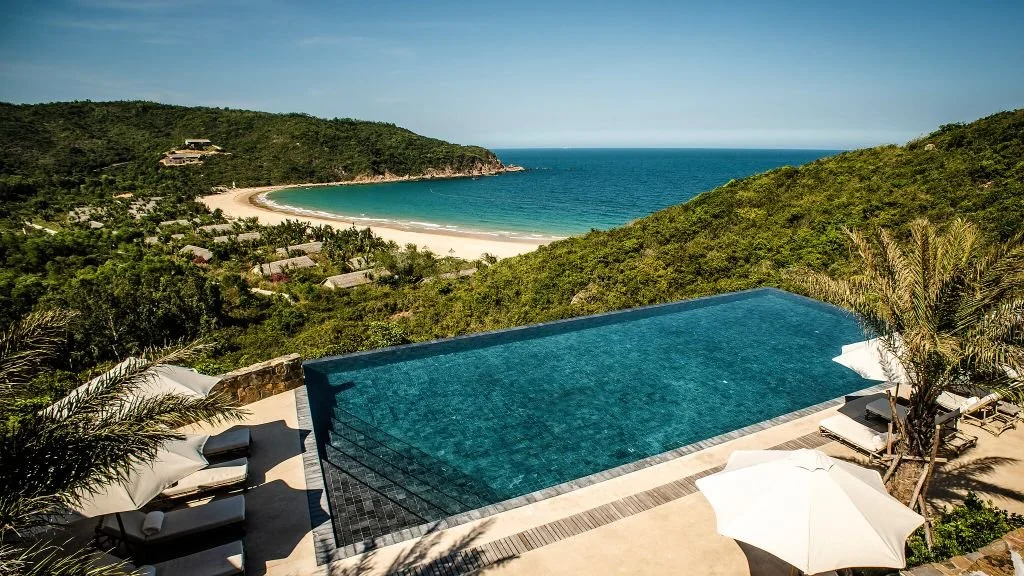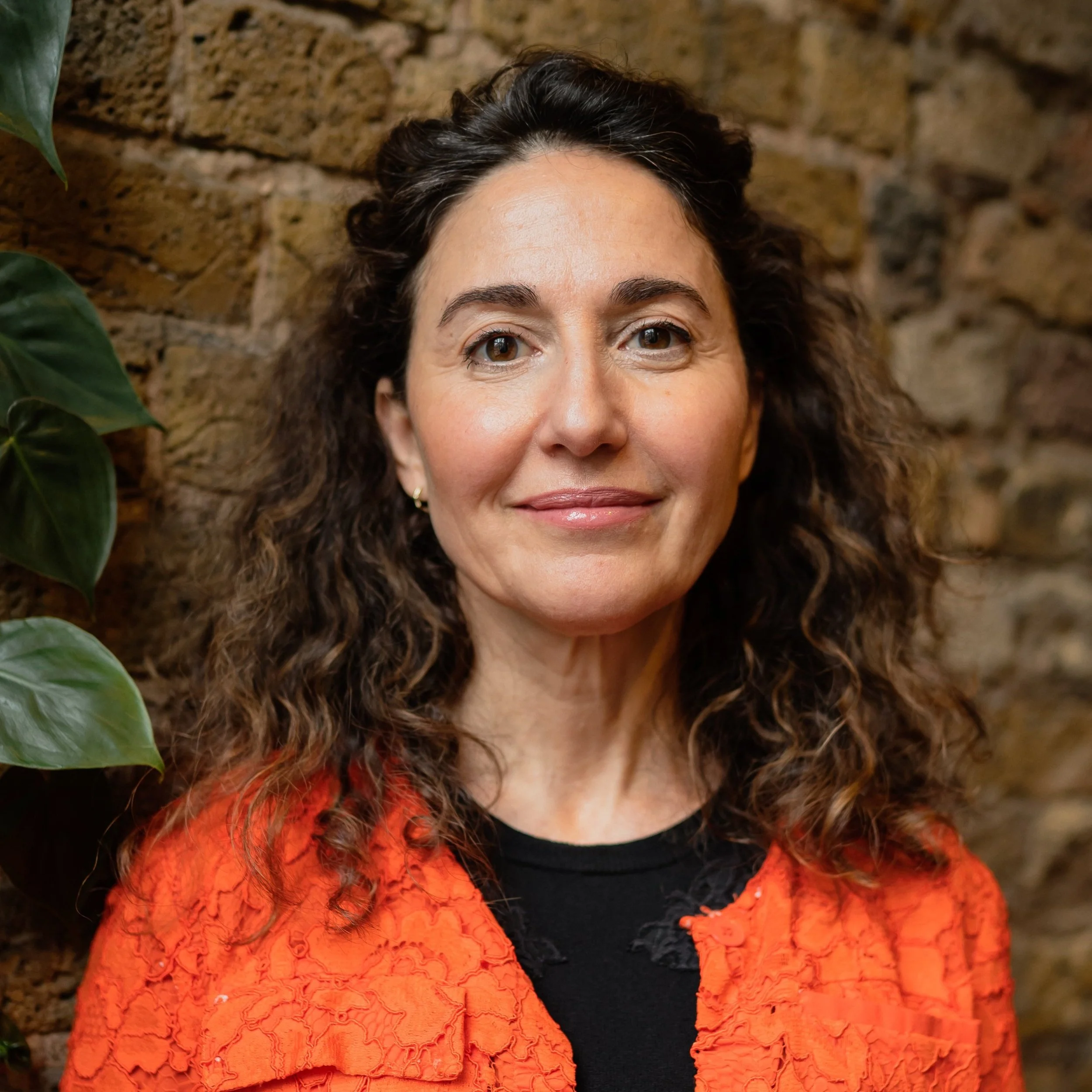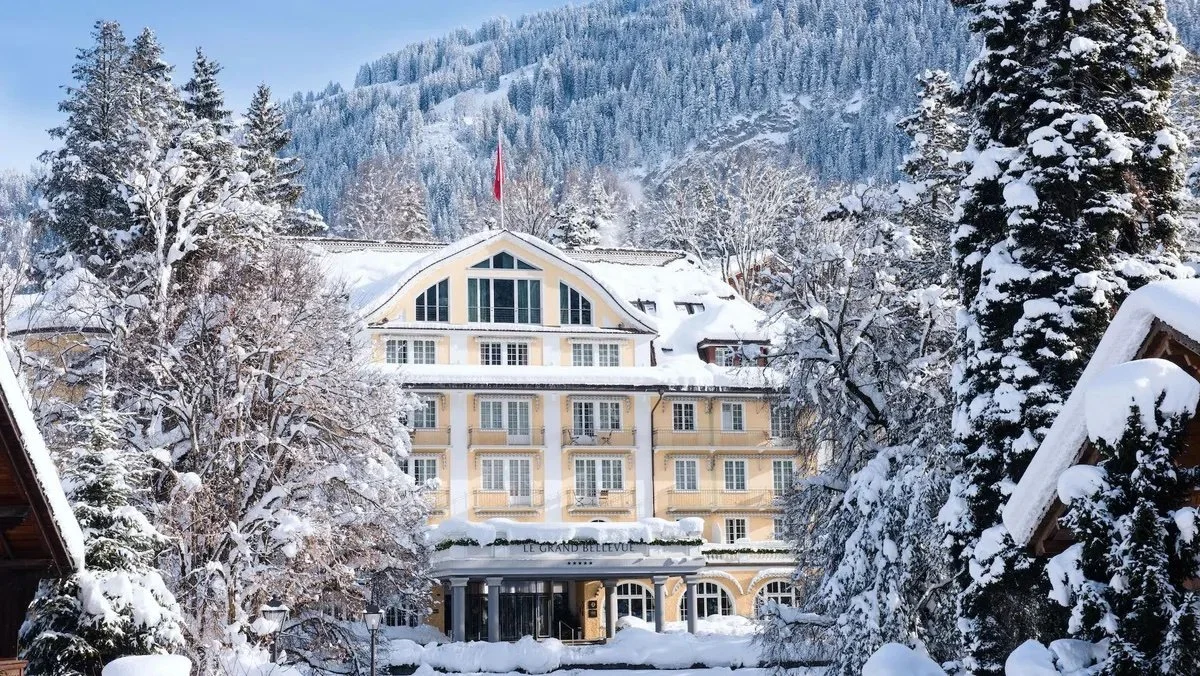Sustainable Luxury: An Oxymoron or Consequential Bedfellows?
Photo by: Zannier Hotel Bai San Ho
Critics argue that the very existence of the sustainable luxury concept is an oxymoron as the industry is often associated with high levels of consumption and resource use, contributing to carbon emissions and ecological degradation.
Further, the exclusivity and high costs associated with luxury travel exacerbate socioeconomic inequality, contradicting the principles of inclusivity and social responsibility promoted by sustainability.
Many believe that while some sustainable practices can be incorporated, the fundamental characteristics of luxury travel often conflict with sustainability's core principles and objectives.
At the same time, many in the luxury sector believe that they can be the catalyst of change. With their significant influence and affluent clientele, these brands have the power to set trends and shape consumer behavior.
By prioritizing sustainability, luxury brands can redefine industry standards while maintaining comfort and style. Through carbon-neutral operations, responsible tourism, and sustainable sourcing, they can demonstrate the compatibility of luxury and eco-consciousness.
The luxury sector's impact extends beyond travel, as these brands act as powerful catalysts for change. By embracing sustainability, not only do they inspire their suppliers, partners, and competitors but also other industries to adopt environmentally friendly practices.
The power of luxury brands also lies in their ability to shape consumer behavior and preferences. As trendsetters, they can elevate sustainability from a niche concern to a mainstream expectation, fostering a collective responsibility to restore the health of our planet and society.
Positive Luxury, the organization that powers a leading sustainability certification program Butterfly Mark, focuses on helping brands accelerate their transition to the new climate economy across industries.
Asia Sustainable Travel Briefing recently sat down with Diana Verde Nieto, Co-founder & CEO of Positive Luxury, change-maker, and author, for the inaugural story for the new series Sustainability In Focus, in which we will deep-dive into a specific topic with a leading expert in the field.
Diana Verde Nieto has 25 years of international experience starting and growing profitable businesses. Her sustainability credentials encompass a degree in Global Leadership & Public Policy from Harvard Kennedy School, an apprenticeship with Former U.S Vice President, Al Gore at the Alliance of Climate Protection, an advisor role to the United Nations Department of Economic and Social Affairs, and an advocate and supporter of Grass Roots Soccer.
Hi Diana, you have been working in sustainability for around 20 years. In your opinion what is the most consequential event or development aside from the Covid-19 pandemic that has changed the travel sector for the better?
You said it. Covid has been the most transformational event in this decade for most industries and people. Covid, has changed most of us in one way or another – our preferences, priorities, and the way that we see the world.
In general, people are moving away from wanting more ‘stuff’ to wanting to live better, connect with one another, and discover new places, food, culture – discover the world really. I would also say that the post-pandemic surge in international travel had the benefit of putting sustainability front of mind for both travelers and the industry – it is now clear to all that real change is required, and I think the travel sector is better placed than ever to take action on initiatives and strategies to not only encourage sustainable travel but gain long-term trust.
With the travel and tourism sector being responsible for 7.6% of the world’s GDP, it makes sense that many luxury conglomerates have begun diversifying into this industry.
Just to name a few, Kering owner Francois Pinault has acquired cruise-ship operator Ponant; LVMH Hospitality Excellence has agreed – with Sardegna Resorts S.r.l., owned by Qatar Investment Authority – to manage the Hotel Romazzino and Hotel Pitrizza in Costa Smeralda, Sardinia, and the luxury group also invested in Belmond, a collection including one-of-a-kind hotels, trains, river cruises and safari lodges
The Bulgari Hotels & Resorts has operated with great success for many years and the first Louis Vuitton Hotel is coming to Paris soon. Are brand hotels the new Instagrammable craze?!
In your 2022 presentation at Connections Luxe in Tokyo, you highlighted that nearly half of the carbon emissions by the travel and tourism industry come from the transport sector.
Some airliners claim that they are carbon neutral by way of tree planting to offset their emission, and that they are becoming more sustainable merely by eliminating single-use plastic on their planes. Critics may say that these measures are not enough and borderline greenwashing.
In your view, what would be the top two actions that the travel industry players can implement to move the needle?
This is a timely question –claims are a hot topic because of the new EU directive regarding claims published mid-May this year.
From 25th May, companies will no longer be able to claim “carbon neutrality” unless they have a concrete plan for absolute reductions – not just a target and an offset strategy.
We will see fewer companies talking about net zero, carbon neutrality, sustainability, and ESG and investing in solutions. Platforms like Positive Luxury will enable companies to accurately set their baseline and track the rate and speed of improvement while internalizing risks and opportunities, instead of simply ticking boxes for a certification.
If you are talking about airlines, what they can do now is 1) invest in sustainable aviation fuel (SAF), and 2) in innovation.
If you are referring to Online Travel Agencies (OTA’s), it is about choice editing for the consumers and advocating for slow travel. For example, Europe has banned short flights in preference of trains to travel within the country – this is a wonderful option to support local economies and get to see the continent.
Within the hotel and hospitality industry, the menu is much larger. First, it is important to really understand their Environmental, Social and Governance (ESG) impact metrics to set measurable and achievable targets, instead of approaching this the other way around. Organizations must think beyond carbon. Although carbon is important, a holistic approach to ESG is a vital step to demonstrate the value of businesses going forward.
“Organizations must think beyond carbon. Although carbon is important, a holistic approach to ESG is a vital step to demonstrate the value of businesses going forward. ”
What was your primary motive to focus on helping the luxury sector, as opposed to the FMCG industry for example, to adapt to ‘the new climate economy’ when you co-founded your company?
The answer, in short, is that we believe luxury sets trends. It has both the uniqueness in terms of mindset, creativity, and innovation to enable it to lead, and is aspirational – and inspirational – to other businesses, sectors, and consumers.
As a collaborative ESG and sustainability platform, we enable companies to collect and consolidate their environmental, social, and governance data in one place, and with AI-driven insights, they are able to understand their risks and opportunities and draw insights for better decision-making. Our methodology is based on data, not judgment, to be efficient and objective.
You could say that our role in the sustainability ecosystem is to be a trusted partner, enabling luxury companies to keep current and relevant. That is why we called our company Positive Luxury: a luxury industry that is mindful, inclusive, caring, and overall acts as a guardian of culture, nature, and society.
Luxury has always set standards, created new norms, and influenced culture. And our community demonstrates this by working with us to meet higher and higher standards that drive real change and that others should aspire to.
“Luxury has always set standards, created new norms, and influenced culture. And our community demonstrates this by working with us to meet higher and higher standards that drive real change and that others should aspire to. ”
For many Asian consumers, traveling responsibly or sustainably means sacrificing comfort and convenience. That means many luxury travelers are reluctant to stay at eco-conscious hotels.
Do you know any examples of how Butterfly Mark certified travel brands have changed this consumer perception in Europe or the U.S.?
Our readers are sustainable travel executives and entrepreneurs serving the Asian markets, and they can definitely learn something from these success stories and adopt some of their consumer engagement strategies.
Sustainability does not equal austerity but mindfulness. It’s not just about staying in a hotel that operates its properties responsibly, it is also about personal responsibility for how the properties are used. For example, expect your towels and sheets to be changed as often as you change them at home, and use water responsibly.
But above all, as you are traveling to other countries, get involved in the local economy – buy local, support local, eat local, and be respectful to the traditions of the country. Fly direct, pack light, eat seasonably, and make choices to help contribute towards a better future – sustainable choices are usually better for your health and happiness.
In terms of examples in the Butterfly Mark certified community, Le Grand Bellevue in Gstaad Switzerland is a great example. It operates a sustainable sourcing policy, prioritizing small-scale local farmers when sourcing food produce, subsequently increasing its supply chain transparency and lowering its carbon footprint.
Going further, they also work with local charities such as Sapo Cycle which collects the properties of discarded soap, turning them into life-saving products and providing employment for those with disabilities. I have no doubt that every single guest feels they are experiencing ‘luxury’ rather than austerity!
Le Grand Bellevue in Gstaad, Switzerland
A large number of certification programs rely on companies self-reporting and self-assessment. This makes consumers skeptical about some of these certifications as they may feel certifications are just another way for companies to greenwash.
Does Positive Luxury’s ESG+ Assessment Framework count on companies to self-report? What steps do you take to verify and validate their reports?
For example, do you send a team to audit a company as some other sustainability programs do?
I agree with consumers that certifications that are not properly governed could lead to greenwashing and be a cost to businesses as they are like exams, a tick box exercise that gives you gradings.
But then what? What about the future, real change, and continuous improvement? We believe certifications should drive change: they should be a catalyst, not a capstone.
We have 11 years of experience keeping our luxury brand community ahead of legislation and out of the headlines for the wrong reasons. We provide them with the tools to engage their customers in a credible way, and we can confidently say that we add value to companies that are committed to sustainability.
Connected Butterfly Mark powered by Positive Luxury, an industry-leading tech tool that brings a brand’s sustainability performance directly to consumers through a website widget, NFC tag, QR code or hyperlink, and requires nothing more than an internet-connected smartphone, tablet or laptop to install.
Drawn-out assessment processes take away the resources and time from running a company’s operation for SMEs. Sustainability certifications may appear achievable for larger vs smaller brands, which arguably defeats the whole purpose.
What stands out to us is that Positive Luxury assigns an account manager and a sustainability analyst to guide a company through the process.
Can you please elaborate on the details of this working process and its benefits?
There are two ways to view sustainability: first is as a burden, or second, as an opportunity to upskill your teams, change mindsets and heart-sets, and motivate your employees to be changemakers.
Our platform enables companies to collect all ESG and sustainability data in one place, identify and address risk and opportunity, and shape transition plans for successful adaptation, which will ultimately save a company’s time and money.
You are right in that we are different. Companies that work with us think of our team as an extension of theirs, encouraging and upskilling employees to think about sustainability in their day-to-day role, keeping teams motivated, and becoming their biggest advocates.
This is important: many Gen Zs and Millenials want to work in sustainability, not just for a sustainable company.
What is the best business advice related to sustainability that you have been given?
This is a journey of continuous improvement – consistency is key.
Interested in reading more stories like above?
Subscribe below and be among the first to receive agenda-setting analysis and advice in your inbox.










